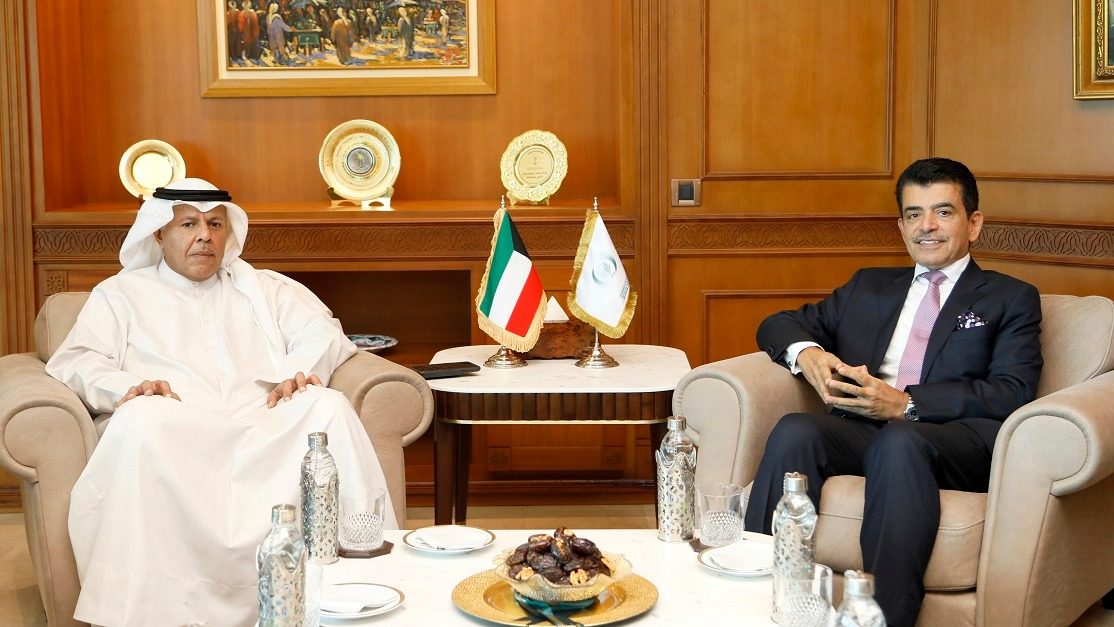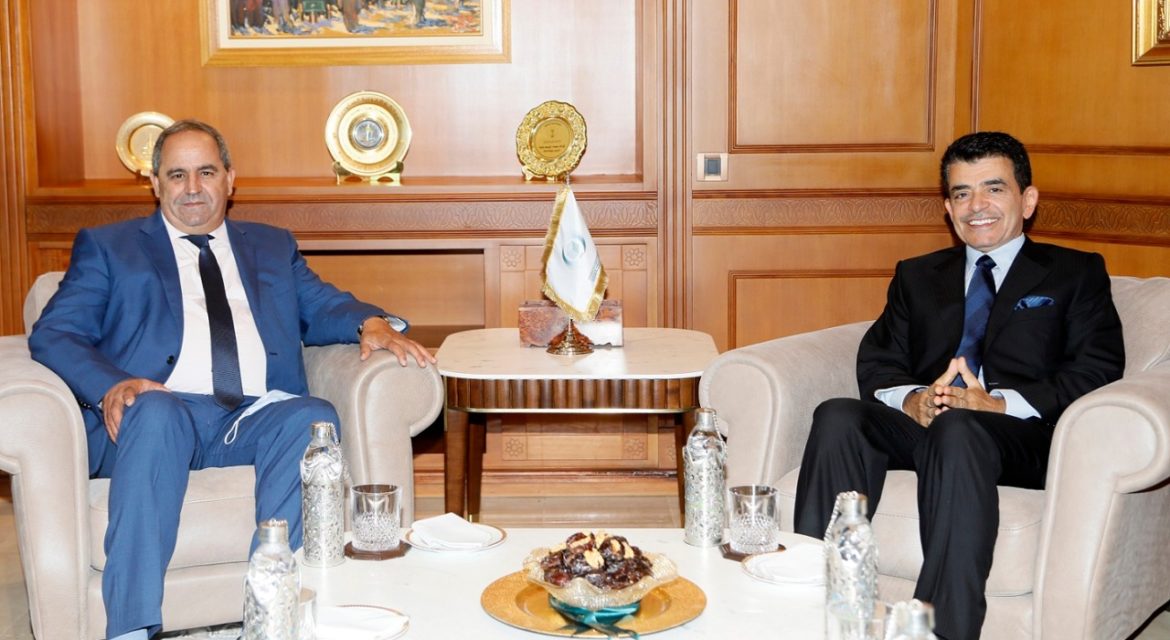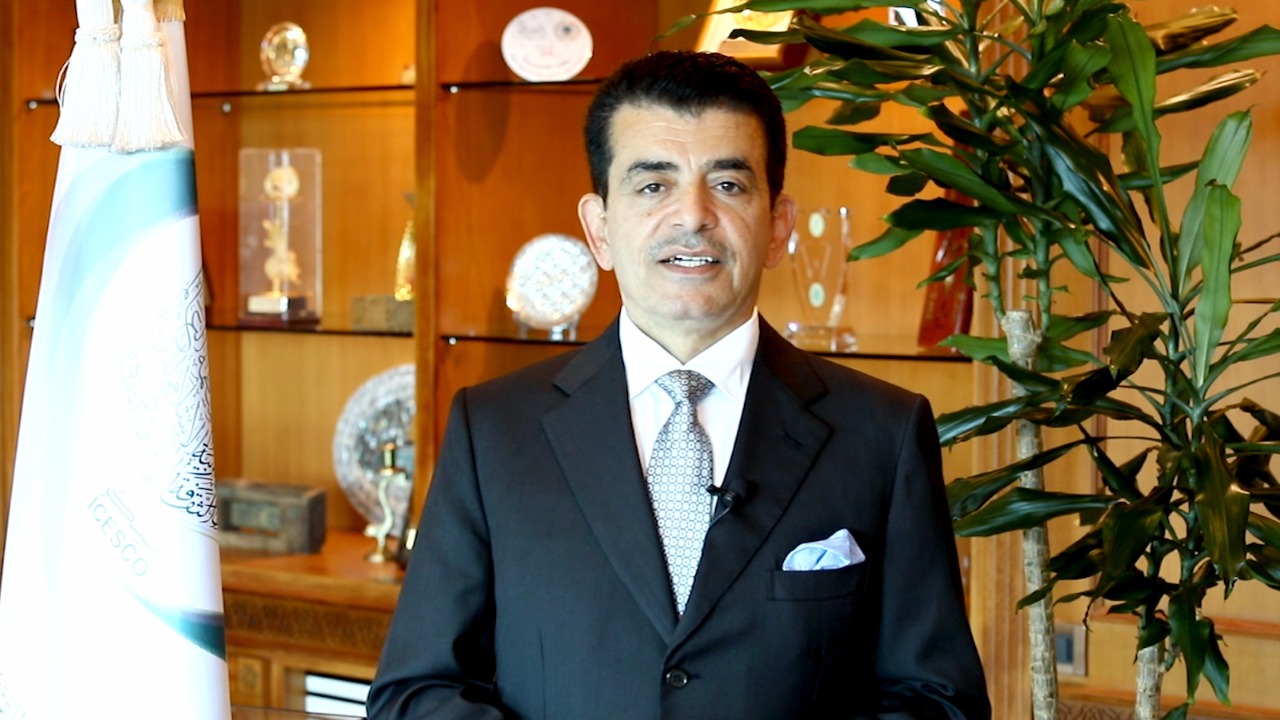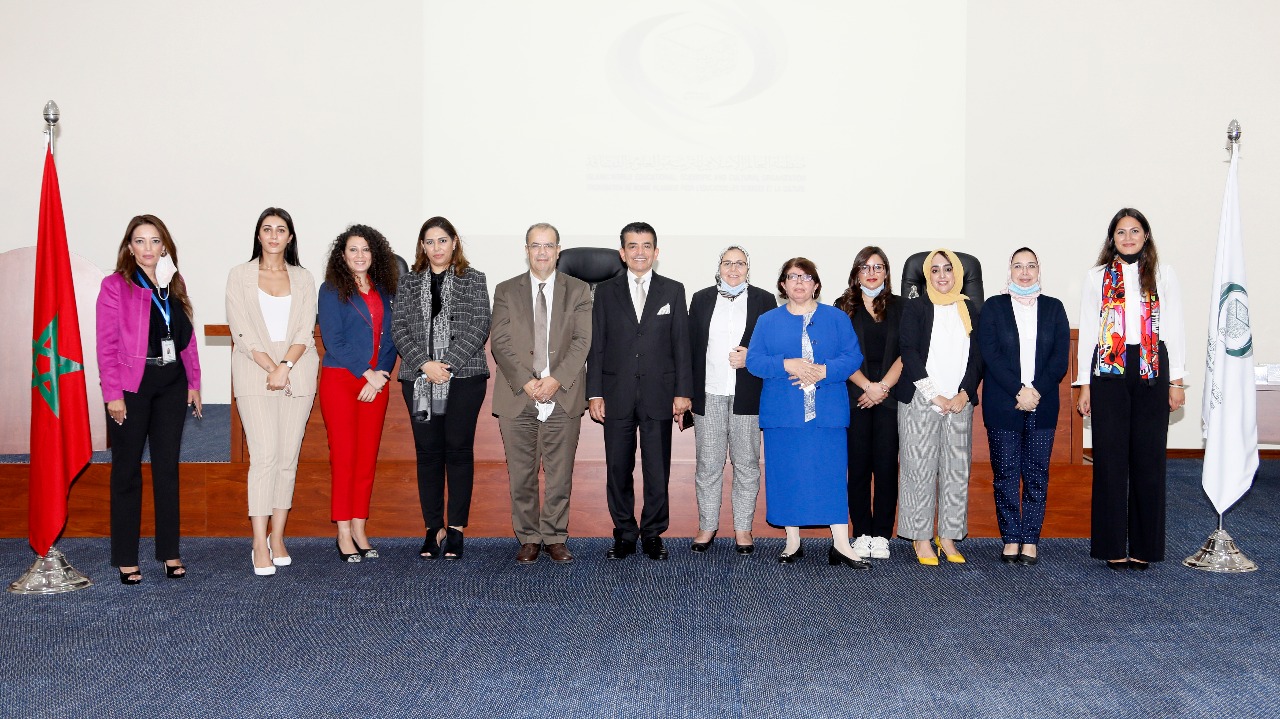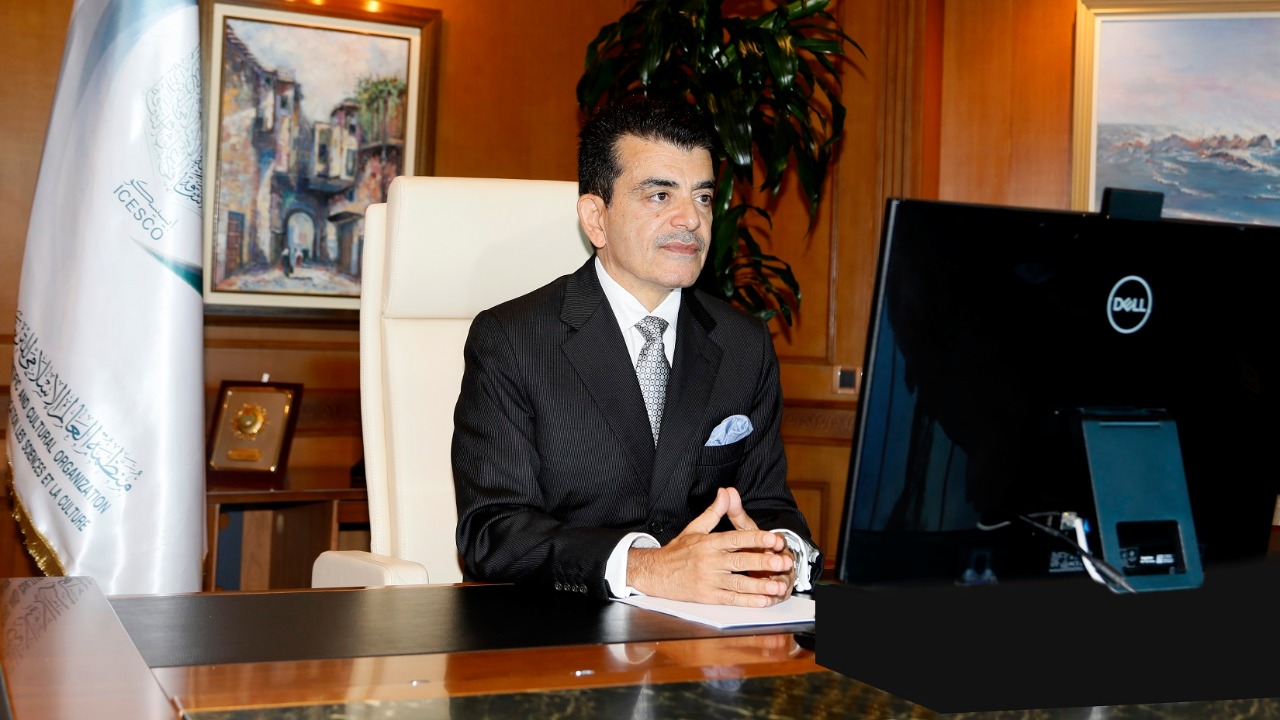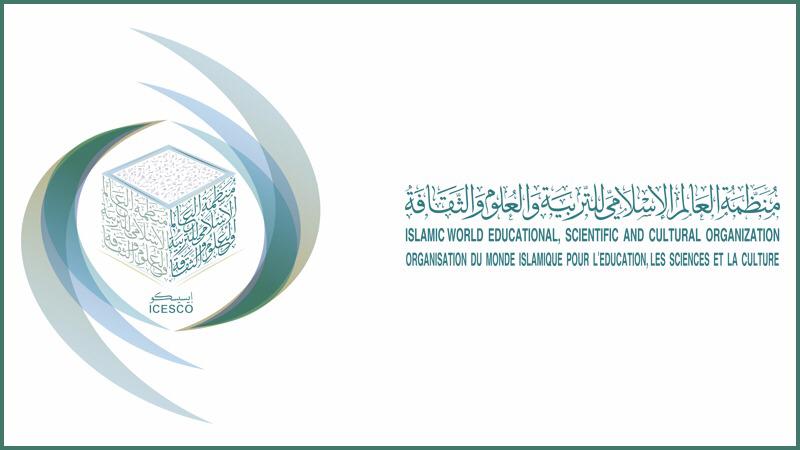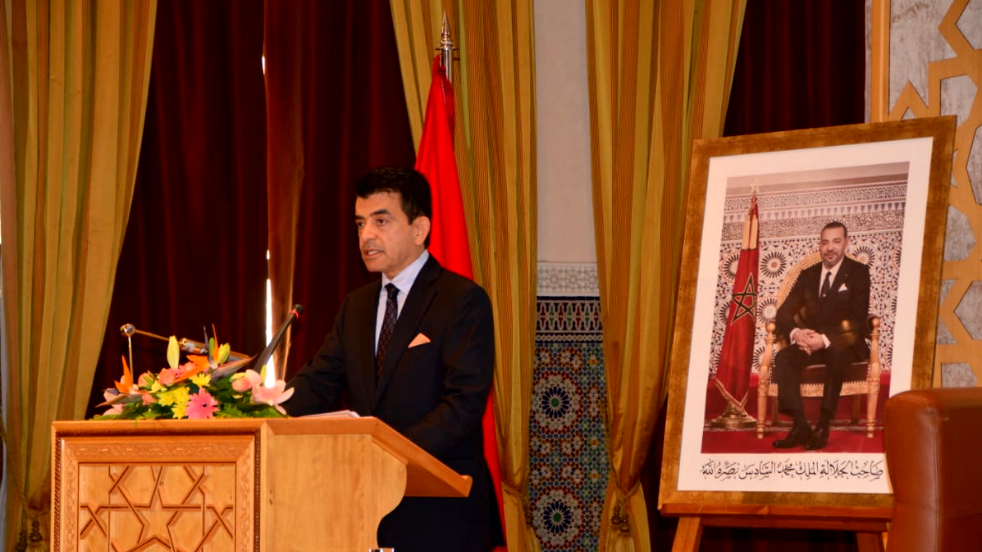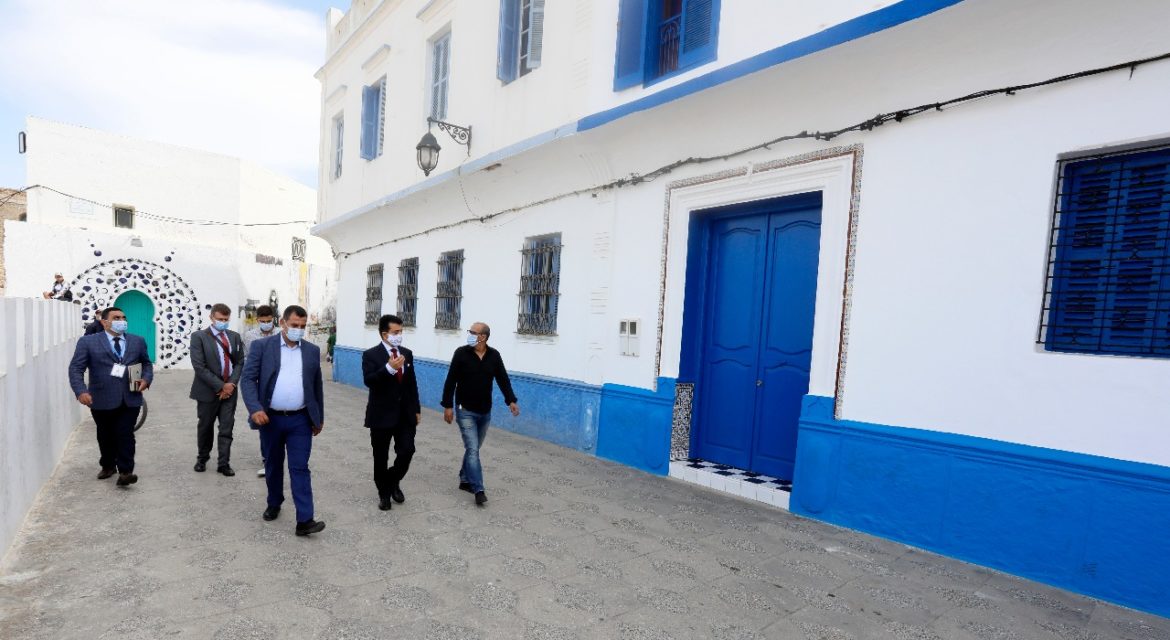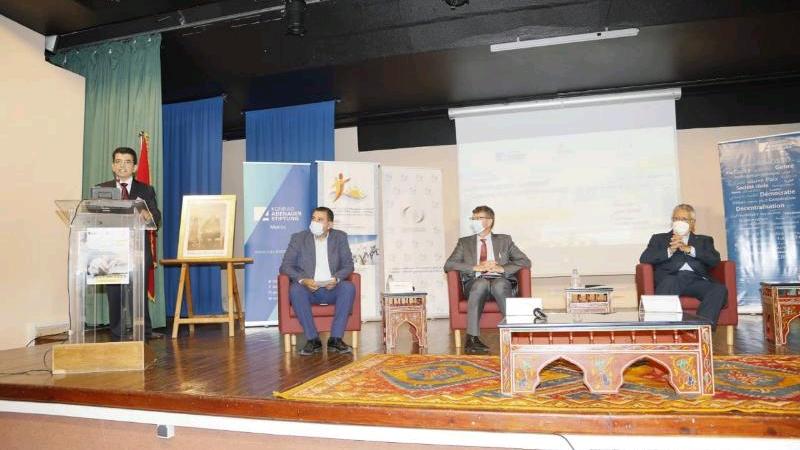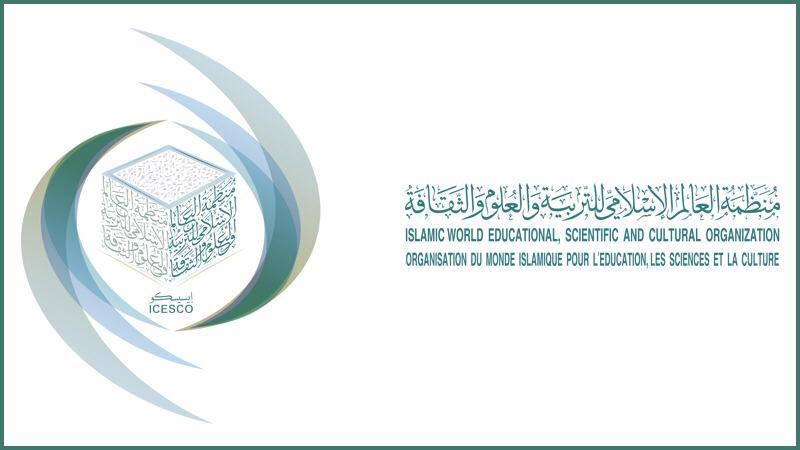The Islamic World Educational, Scientific, and Cultural Organization (ICESCO), in cooperation with Konrad Adenauer Stiftung and the Mediterranean Youth Forum, held yesterday, in Asilah, Morocco, a training session for the benefit of civil society associations and institutions.
The two-day training is part of the comprehensive project of ICESCO’s Strategic Foresight Center, which aims to organize similar training sessions in the Member States. The beneficiaries are universities, companies, and civil society associations and institutions.
During his address at the opening session of the training, Dr. Salim M. Al-Malik, ICESCO’s Director-General (DG), reaffirmed that the training agenda reflects the Organization’s new vision, which aims to entrench the culture of proactive behavior and build individual and institutional capacities for foresight. The approach is active participation, constructive, and collective reflection.
The DG also highlighted that this trend draws on young capacities and skills in line with the vision of His Majesty King Mohammed VI.
The Monarch expressed the approach during his address on the “Throne Day” while stressing his trust in Moroccan youth to build a prosperous future.
Dr. AlMalik stated, “the current COVID-19 situation is a critical phase, loaded with changes that require proactive action to reap their results and avoid drawbacks.”
“Crises bring hope, stimulate action and give us good lessons to build a brighter future and the societies we want,” he continued.
The DG added that ICESCO seeks to support Member States to overcome crises and challenges, and properly address changes through strong strategic decisions and modern scientific means towards planning and future study. The most notable measures are the proactive approach based on strategic foresight technologies.
Mr. Yassine Isbouia, General Coordinator of the Mediterranean Youth Forum, said that decision-making is the backbone of success.
“Every decision should be built on in-depth data and studies. We are in a critical situation due to the pandemic and this training session is an opportunity to capitalize on and share visions on strategic foresight. I thank ICESCO and its Director-General and Konrad Adenauer Stiftung for holding this event. I also thank the young volunteers of the Mediterranean Youth Forum,” he added.
Mr. Mohammed Benaissa, President of Asilah Urban Council and Secretary-General of Asilah Forum, welcomed ICESCO’s DG and expressed his gratitude for the Organization’s outstanding works in the fields of education, science, and culture. He also welcomed the Director of Konrad Adenauer Stiftung Office in Morocco as well as the participants while commending the interesting theme of the training.
“Given the ongoing debate on youth, future, and strategies, we should discover ourselves and set our aspirations and vision to achieve our objectives,” he underscored.
“I hope that there will be a symposium on fieldwork and strategic foresight. Without fieldwork, we cannot achieve any major success. The virtual culture is prevailing with rapid development worldwide. Thus, future foresight should start from reality through unbiased and objective thinking,” he added.
Mr. Steffen Krüger, Director of Konrad Adenauer Stiftung Office in Morocco, expressed his happiness on the constructive cooperation between ICESCO and his institution.
“This training session, which is part of a series of training sessions, reflects this collaboration, particularly in the current period of the COVID-19 pandemic. It benefits an outstanding group of people working in civil society associations and institutions from various regions of Morocco,” he highlighted.
Dr. Kais Hammami, Director of ICESCO’s Strategic Foresight Center, an international expert in foresight and future studies, supervised this training.
“The training is a response to the current global situation and its impact on the planning processes. It aims to train the participants in decision-making based on scientific studies and data. The pandemic-induced global crisis has stressed the important role of strategic foresight in proactive action to anticipate future opportunities, assist various leaders in taking strategic decisions, and reduce future risks,” underlined Dr. Hammami.
The workshop is the second training session following a first event held in Ifrane, Morocco, for the benefit of the executive directors and staff members of Al Akhawayn University.


